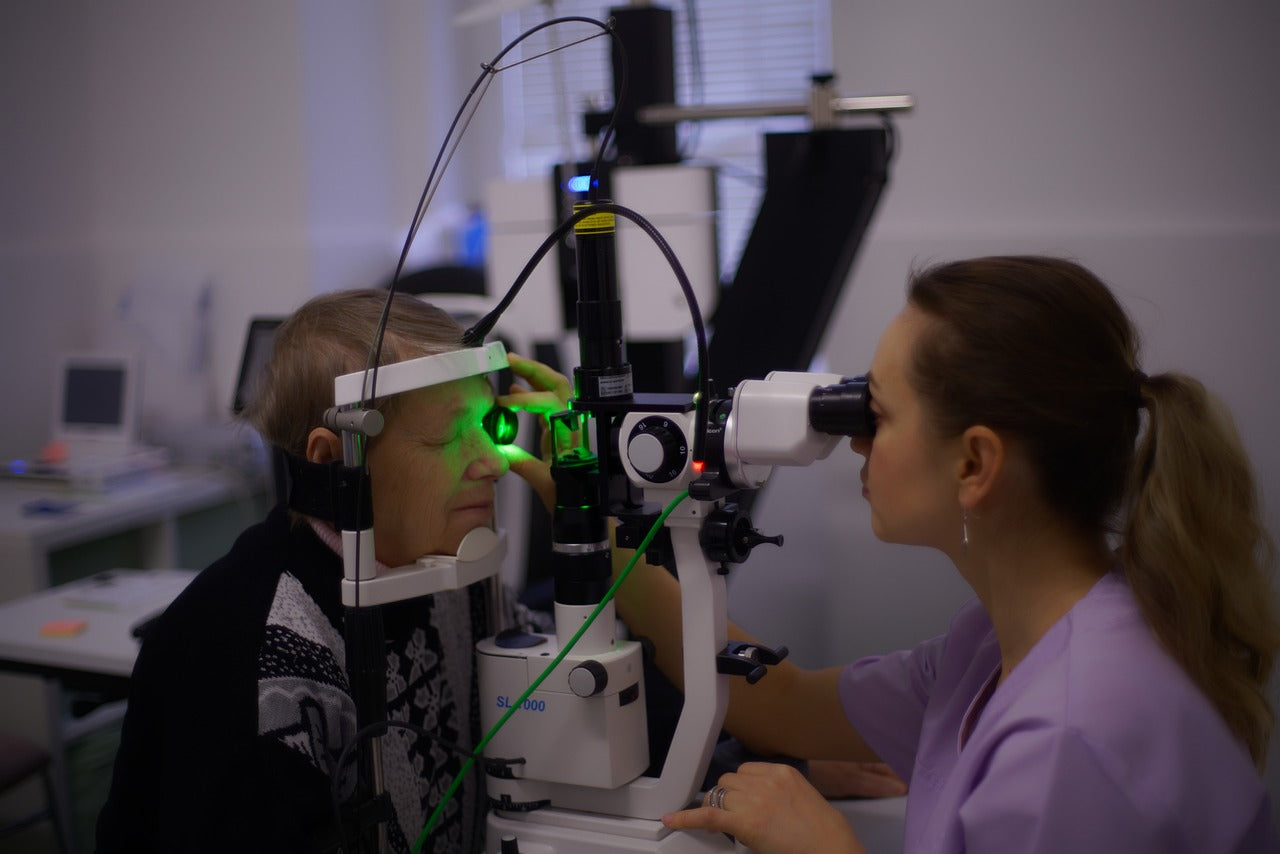When it comes to eye care, many people focus solely on selecting the perfect frames. However, there's much more to consider than just finding stylish eyewear.
Regular eye exams are essential for maintaining not only clear vision but also overall eye health.
In this blog post, we'll explore the comprehensive screenings performed by optometrists and highlight the importance of scheduling yearly appointments to ensure optimal eye health.
Evaluating Vision:
During your visit to the eye doctor, one of the primary objectives is to assess your visual acuity. This evaluation determines whether you have any refractive errors such as nearsightedness, farsightedness, or astigmatism.
Through a series of tests, the optometrist will measure your ability to see clearly at various distances and determine the appropriate prescription for corrective lenses. Ensuring your vision is sharp is just the starting point of a comprehensive eye exam.
Checking Eye Health:
While vision evaluation is crucial, an eye exam goes beyond assessing your ability to see. Optometrists are trained to screen for various eye diseases and conditions that may not exhibit obvious symptoms in their early stages.
These screenings can detect conditions such as glaucoma, cataracts, macular degeneration, and diabetic retinopathy. Detecting these issues early can significantly increase the chances of successful treatment and preservation of your vision.
Assessing Eye Coordination and Focus:
In addition to evaluating vision and eye health, eye exams also include tests to assess eye coordination and focus. These tests determine how well your eyes work together and how they track moving objects. Problems with eye coordination can lead to difficulties with depth perception, reading, and other visual tasks. Identifying and addressing these issues can greatly improve your overall visual performance and quality of life.
Monitoring Changes Over Time:
Even if you have perfect vision and no apparent eye health issues, it's still crucial to schedule regular eye exams. Our eyes change over time, and subtle shifts in vision or eye health may not be immediately noticeable.
By visiting an optometrist at least once a year, you establish a baseline for comparison and allow for the detection of any changes or abnormalities. This proactive approach can lead to early intervention and better long-term eye health outcomes.
Preserving Overall Health:
Regular eye exams not only safeguard your vision but can also provide insights into your overall health. Many systemic conditions, such as diabetes, high blood pressure, and autoimmune disorders, can manifest symptoms in the eyes.
During an eye exam, the optometrist may notice signs of these underlying health issues, prompting further investigation and appropriate referrals to other healthcare professionals. By prioritizing regular eye exams, you are taking a proactive step towards maintaining your overall well-being.
Conclusion:
When it comes to caring for your eyes, choosing the right frames is just the tip of the iceberg. Regular eye exams performed by optometrists are crucial for assessing vision, screening for eye diseases, and monitoring overall eye health.
By scheduling yearly appointments, you ensure that any changes or abnormalities are detected early, increasing the chances of successful treatment and preserving your vision. Remember, your eyes are not only windows to the world, but they also provide valuable insights into your overall health. Prioritize your eye health and make regular visits to the optometrist a part of your routine.
If you’ve scheduled your exam and gotten your prescription, it's time now to shop for frames. If you're deciding between contact lenses and frames, check out our blog article here on why frames may be the best option for you.





